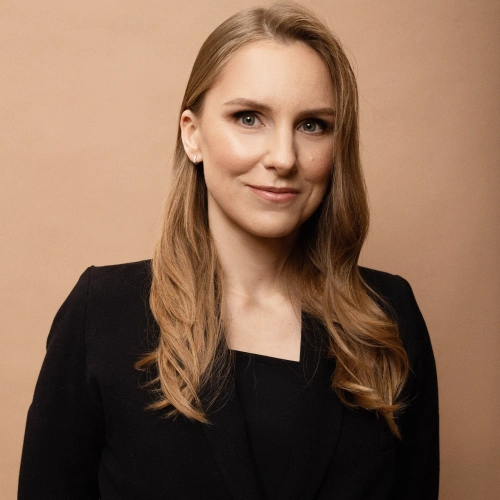
About module
In recent times, change has become so common in organizations that it has no beginning and no end. These are no longer projects with a clear definition and deadlines, but a normal state when problems are solved, quick reaction to the changing environment is required and looking for innovative ideas and developing the organization are necessary skills. However, many changes happen randomly, not as expected. They may be indeterminately long and without direction, or even painful.
The reasons for this include misidentification of problems, standard and narrowly applied methods ("when you have a hammer, everything around looks like nails"), directive leadership rather than inclusive decision-making, little stakeholder involvement and employee ownership of the decisions made.
Good change management starts with a fair and inclusive decision. To do this, the manager must be able to step back from his own pre-conception and "top-to=bottom" decision making.
A good practice is to go through the process of finding a solution as if an external consultant were doing it:
What will you learn?
You will add value to the organization by being able to:
Main topics of the module:
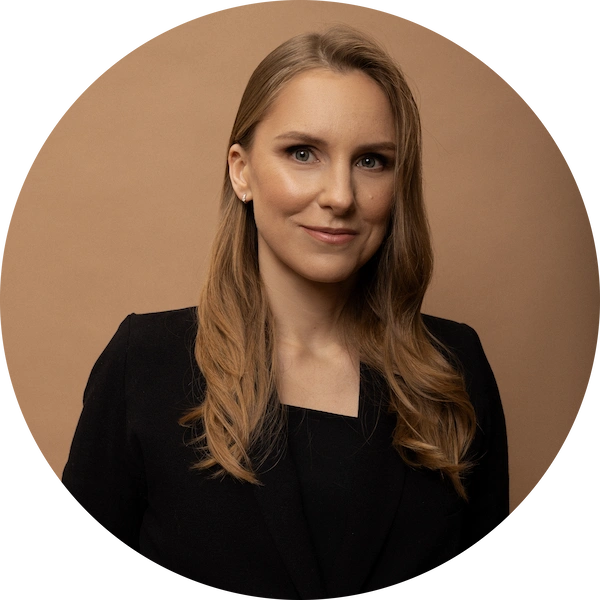
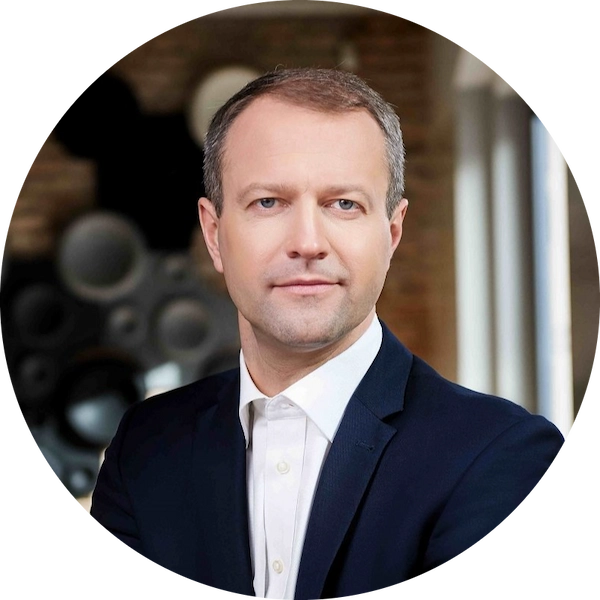
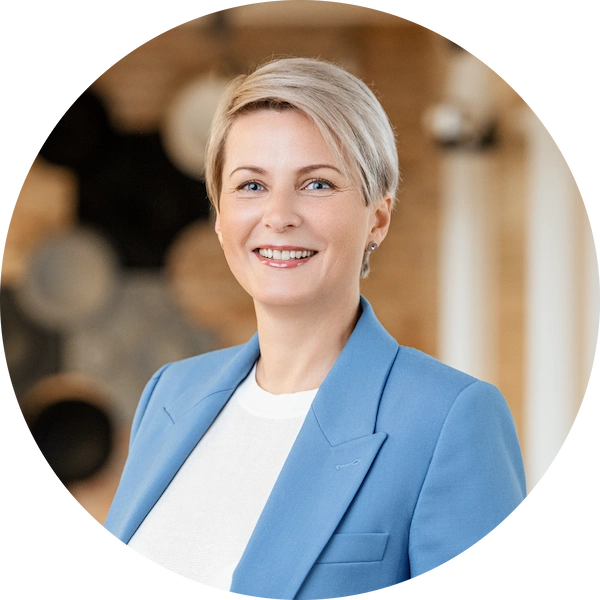
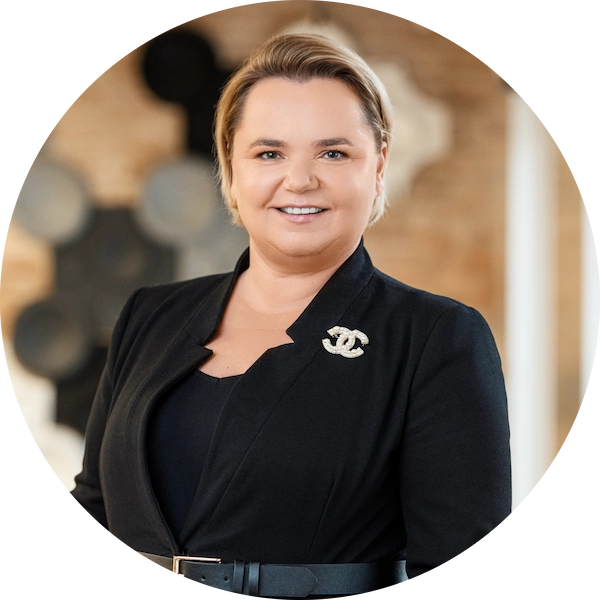



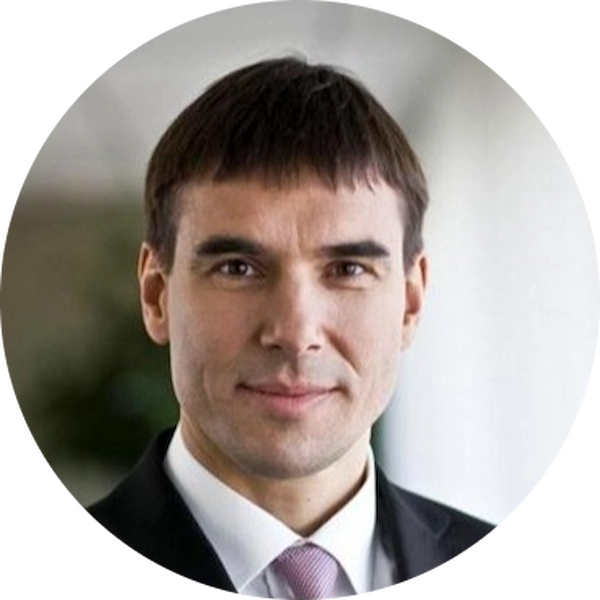
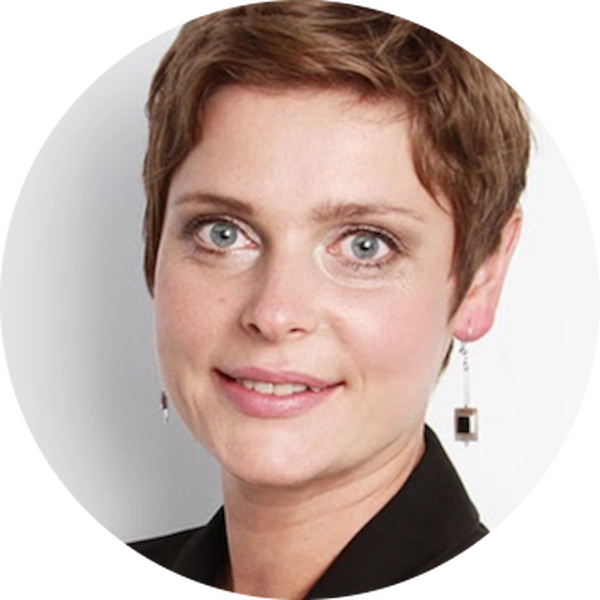
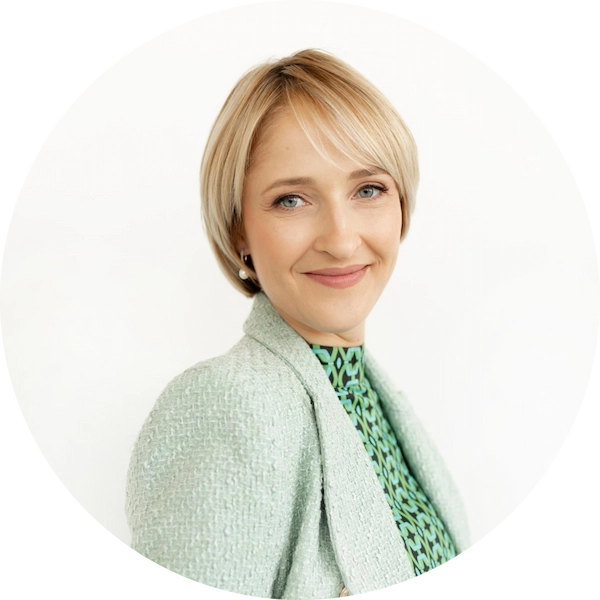







Gedimino ave. 7, Vilnius, LT-01103, Lithuania
Phone: +370 687 08080
Email: ism@archive.ism.lt